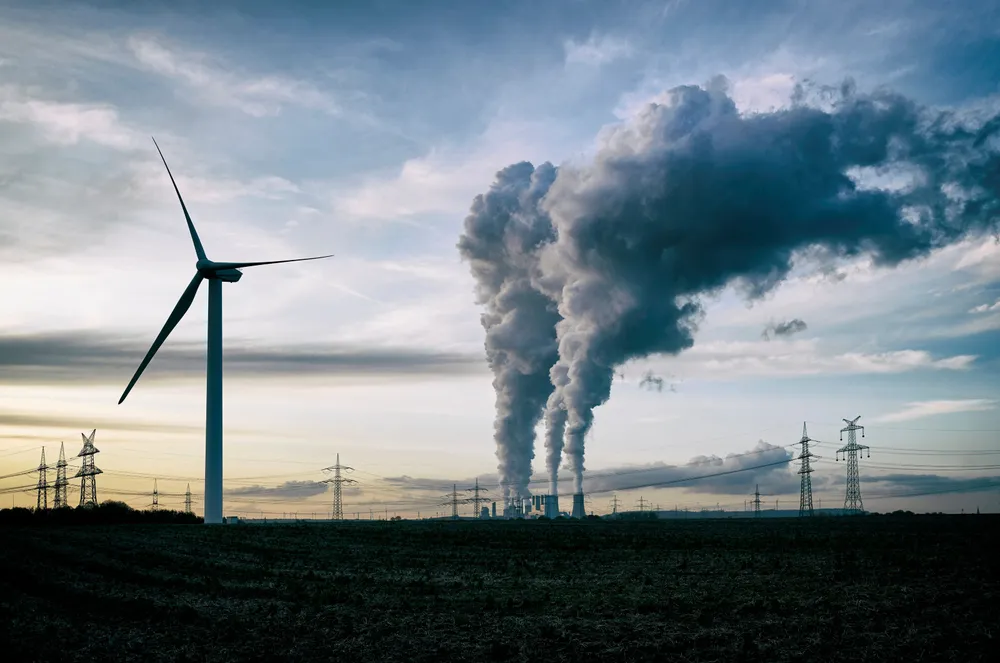'A gold standard for greenwashing' | Climate campaigners unhappy with EU’s new delegated act on green hydrogen
NGOs alarmed by decision to allow renewable H2 to be produced using gas- or coal-fired power plants, even if green energy will eventually be sent to the grid as compensation
